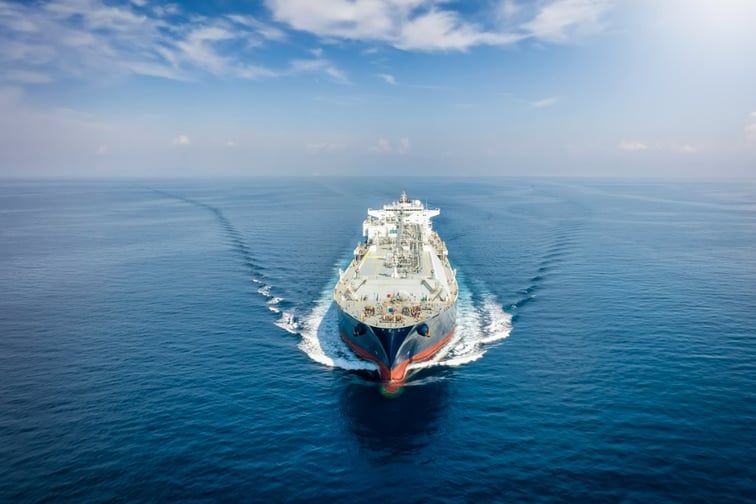

A Brit marine insurance salesman has been named responsible for keeping North Korea’s foreign trade fleet afloat, violating UN sanctions and evading suspicions for years until the UK government was made aware of his activities.
David Skinner, who died in 2016, ran a firm called DGS Marine which issued fraudulent insurance certifications for at least 29 North Korean ships in the five years before his death.
In a report from The Financial Times, Hugh Griffiths, a former UN panel coordinator who monitored North Korea sanctions, said that it is not an exaggeration to say that Skinner “kept North Korea’s foreign trade fleet afloat” for years.
Documents and emails obtained by Information, a Danish publication which originally reported the story, found that the number of certifications issued by Skinner and DGS Marine was closer to 100. These were said to be fraudulent because the firm was not licensed to issue insurance in any of the jurisdictions from which it operated. Nevertheless, these certificates were accepted by ports around the world.
The report further spoke of at least two instances where DGS Marine continued to issue insurance certificates to ships from a North Korean firm called Ocean Maritime Management. This happened even after the firm was targeted by the UN Security Council and its sanctions in 2014 for smuggling weapons to Cuba.
“These were clear and obvious sanctions breaches,” Griffiths said. “UN Security Council resolution 2270 expressly prohibited insuring North Korean ships, and the maritime insurance communities had been made aware of this.”
Documents revealed that DGS Marine and North Korea’s relationship was established in 2011, during a meeting in London with representatives of the Korea National Insurance Corporation (KNIC). KNIC is the country’s state-owned insurance monopoly.
KNIC was later sanctioned by the UN and has since been designated as an affiliate of Office 39, a North Korean cell dedicated to raising money for Kim Jong Un’s family. This led to the UN freezing KNIC’s assets in 2017 following accusations of “generating substantial foreign exchange revenue which could contribute to [the country’s] nuclear-related, ballistic missile-related or other weapons of mass destruction-related programmes.”
In 2012, DGS Marine’s activities came to light when a Telegraph report alleged that the firm had violated EU sanctions by insuring Iranian shops carrying exports of crude oil from areas of control held by Syrian dictator Bashar al-Assad. UK Treasury officials then wrote to the firm about the allegations, with DGS Marine responding with documents that showed that the insurance coverage was cancelled at the end of 2011, when the EU sanctions came into place.
Another correspondence was sent to DGS Marine weeks after the first, this time coming with evidence from the US government that showed that the firm had continued to insure one of the tankers months after the contracts were supposed to have been cancelled. However, the Treasury officials appear to have accepted Skinner’s and DGS Marine’s assurances over those provided by the US government.
“The UK authorities, as well as EU member states such as Denmark and Cyprus failed to identify DGS Marine as a serial sanctions violator,” said Griffiths. “The UK failure is particularly egregious because they were warned by the US, yet took Skinner at his word.”
What are your thoughts on this story? Please feel free to share your comments below.
